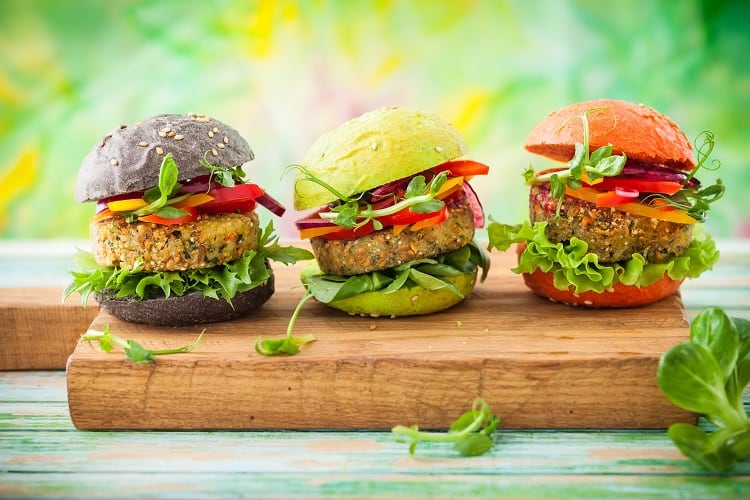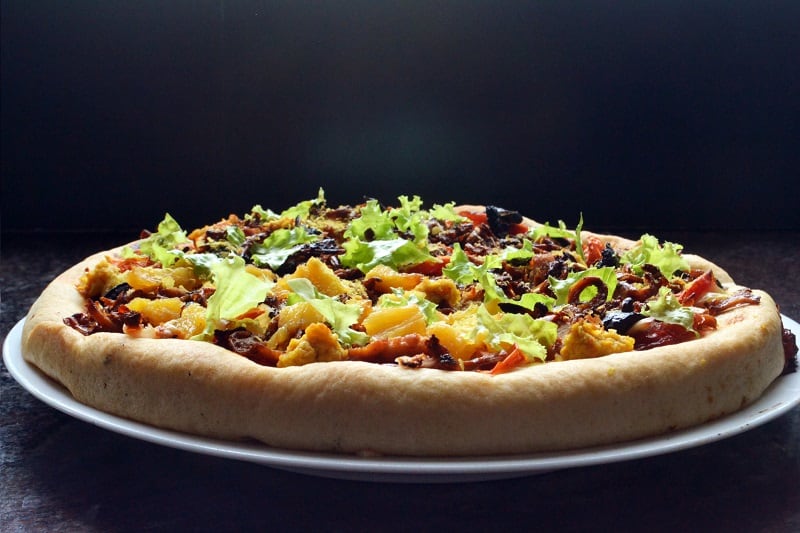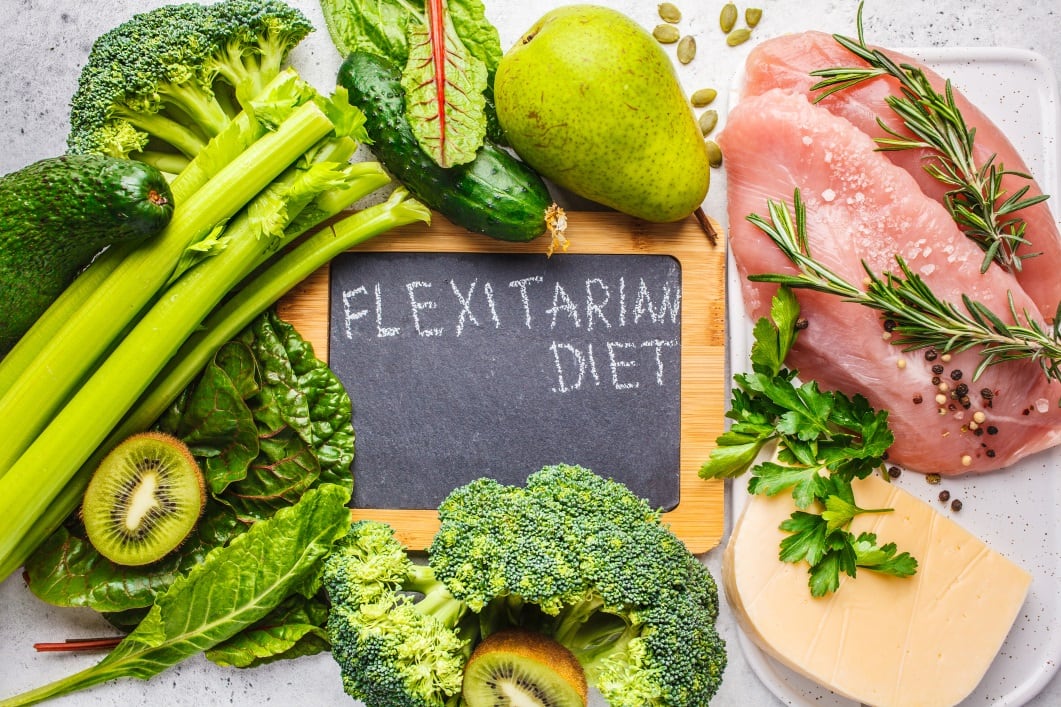Western markets are experiencing a plant-based boom. According to data from Allied Market Research, the meat substitute market is expected to reach a global value of €6.6bn by 2025, with a compound annual growth rate forecast at 7.7%.
European markets led demand for meat substitutes in 2017, accounting for close to 40% of global revenue.
According to UK-based Ulrick & Short, ‘exponential growth’ has not just been observed in food manufacturing, but in the ingredients sector as well.
“As health, ethical and environmental concern regarding meat consumption have grown, plant-based foods have increased in tandem,” the ingredients supplier’s head of marketing and communications, Robert Lambert, told FoodNavigator.
Concerning plant-based ingredients, as meat substitutes have moved from ‘a fringe sector’ to ‘a mainstream one’, consumer expectation has risen, he continued.
“Ingredient technologies need to reflect both a broader palette of textures and better eating experience.”
Meat analogue sector in nascent stage
While European and North American markets are ‘booming’, Ulrick & Short is seeing most demand from local manufacturers.
“The UK has the most advanced vegan and meat substitute market in Europe, so for us, the majority of growth is coming from within the UK,” the marketing and communications lead elaborated.
A wealth of plant-based meat alternatives, be it burger substitutes or sausage analogues, have made its way onto the market.
Yet for Ulrick & Short’s Lambert, meat analogue NPD is at a relatively nascent stage – moving at a ‘very fast rate’.
“As new crops, textures and solutions are being uncovered, and more is made possible, finished products will continue to diversify.
“Additionally, the consumer habit of going plant-based shows no signs of slowing down, and therefore will attract even more manufacturers and brands into the NPD space.”
Overcoming challenges in plant-based
Despite the plant-based market’s impressive growth of late, the sector’s success does not come without its challenges.
Mimicking the taste, texture and mouthfeel of animal products in plant-based alternatives can be one such issue, Lambert explained.
“Typically, the main challenges meat analogue manufacturers face is providing a good texture, bite, and mouthfeel in their products. This is both over life and after freezing.”
Overcoming such problems can be achieved through the addition of specialised ingredients, he suggested.
“Ulrick & Short has a range of clean label starches, proteins and fibres which assist with texture, structure, binding, succulence and the removal of allergens.”
Concerning nutrition, plant-based meat alternatives have been criticised for being ‘ultra-processed’, with high salt, fat or sugar content.
Just this month, Action on Salt lamented the high salt content of plant-based products in the out-of-home sector. According to a recent survey, the campaign group found that three out of five plant-based restaurant meals analysed with nutritional information contained 3g or more salt – equating to half of an adult’s maximum daily salt intake.
Findings revealed that 19 of the 151 meat-free offerings surveyed contained 6g or more salt – an adult’s entire maximum daily limit in just one meal.
“Our ingredients can assist in salt reduction,” Lambert told FoodNavigator. “Using our avanté and delyte range of fat and sugar replacers also reduces flavour masking in finished products – this is because many are tapioca-based ingredients.
“In allowing existing flavours to become more prominent, manufacturers can reduce salt content without impacting flavour.”
Staying competitive
Moving forward, Ulrick & Short predicts the plant-based trend to continue apace. Both manufacturers and ingredients suppliers will have to adapt accordingly, Lambert suggested.
“Ulrick & Short will expand into more clean label crops [and] technologies to ensure more applications areas can be covered and products continually approved.
“As the ingredient technologies are rapidly improving, finished product NPD will also have to reflect this for manufacturers to stay competitive.”




